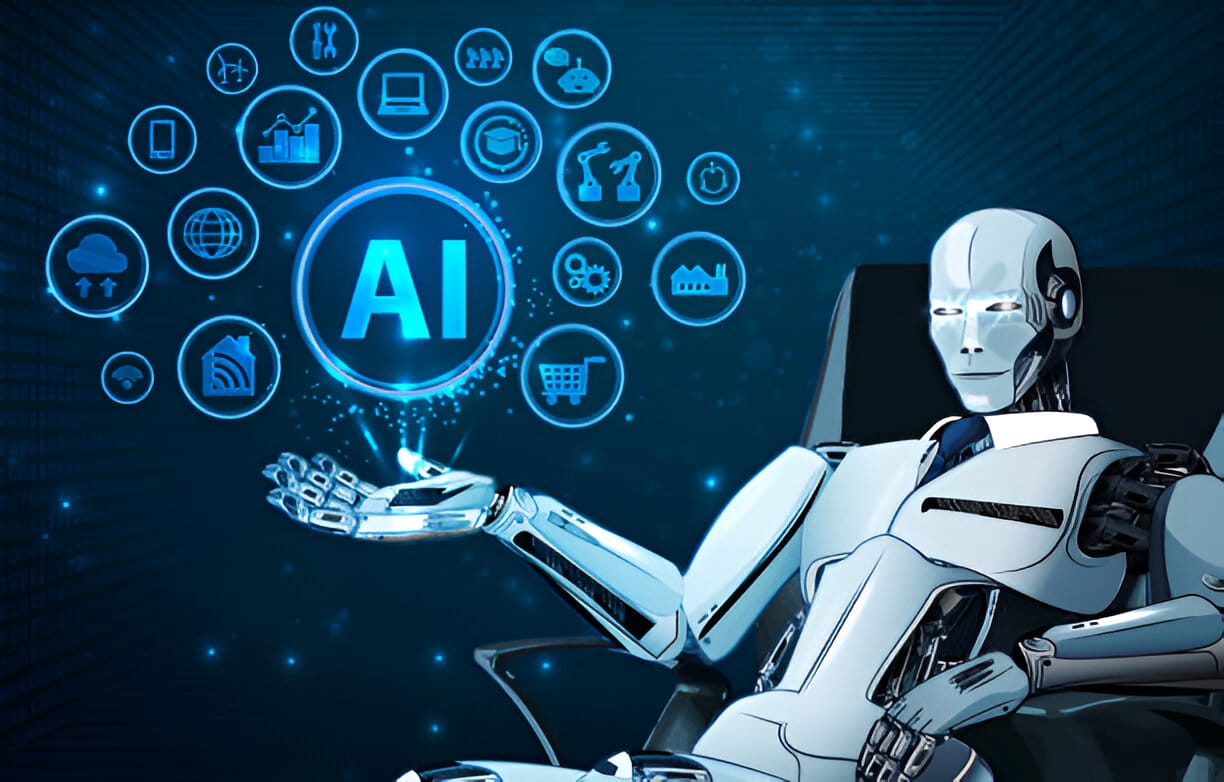Artificial Intelligence (AI) is no longer a futuristic concept — it’s a powerful reality transforming how we live, work, and interact. From personalized recommendations to autonomous vehicles, AI applications are revolutionizing industries and redefining human potential.
Here’s a closer look at the power of artificial intelligence applications and how they’re shaping the future.
What Is Artificial Intelligence?
Artificial Intelligence refers to computer systems that mimic human intelligence — learning, reasoning, problem-solving, and decision-making. AI uses algorithms, machine learning, and deep learning to analyze data and make predictions or take actions with minimal human intervention.
Key components include:
- Machine Learning (ML)
- Natural Language Processing (NLP)
- Computer Vision
- Robotics
- Neural Networks
AI in Everyday Life
AI is already part of our daily routines, often without us realizing it.
Examples of everyday AI:
- Virtual assistants like Siri, Alexa, and Google Assistant
- Personalized recommendations on Netflix, Amazon, and YouTube
- Spam filters in email
- Smart home devices and thermostats
- Voice-to-text features and real-time translation
These applications save time, enhance user experience, and make life more convenient.
AI in Healthcare
The healthcare industry is seeing one of the most transformative impacts of AI.
AI in healthcare includes:
- Early disease detection using medical imaging
- Predictive analytics for patient outcomes
- Drug discovery and personalized medicine
- Virtual health assistants and chatbots
- Robot-assisted surgeries
AI improves diagnostic accuracy, speeds up research, and supports doctors with data-driven insights.
AI in Business and Finance
AI helps businesses operate smarter, faster, and more efficiently.
Applications in business:
- Customer service chatbots
- Fraud detection in banking
- Predictive analytics for sales and marketing
- Automated financial trading
- Supply chain optimization
AI enables companies to make informed decisions, reduce costs, and enhance customer experiences.
AI in Transportation
Self-driving technology and traffic optimization are reshaping how we move.
AI in transportation includes:
- Autonomous vehicles
- Traffic prediction and route optimization
- Smart logistics and delivery systems
- Driver assistance systems in modern cars
These innovations aim to reduce accidents, save fuel, and improve urban mobility.
AI in Education
AI tools are personalizing learning experiences and streamlining administration.
AI in education offers:
- Personalized tutoring platforms
- Automated grading systems
- Smart content generation
- Virtual learning assistants
- Predictive analytics for student performance
Students benefit from tailored content, while teachers save time on administrative tasks.
Ethical Considerations of AI
With great power comes great responsibility. As AI becomes more integrated into society, ethical concerns must be addressed.
Key issues include:
- Data privacy and security
- Bias in algorithms
- Job displacement due to automation
- Transparent and explainable AI
- Responsible AI governance
Developing AI responsibly ensures it serves humanity positively and equitably.
Final Thoughts
The power of artificial intelligence applications lies in their ability to transform industries, solve complex problems, and make life more efficient. From improving healthcare to optimizing business operations, AI is not just a trend — it’s a powerful tool driving the future.
As AI continues to evolve, embracing its potential while navigating its challenges is key to building a smarter, more connected world.











Leave a Comment